York's impact on the world is closely tied to the products of the ground-breaking and creative research undertaken by our diverse body of scholars both at the Master’s and PhD levels. Our students reach above and beyond in their studies to provide real-world solutions to pressing issues of our time. From advancing concussion research to creating tools for persons living with dementia, our students are building a more just and equitable world.
Nitima Bhatia – PhD, Education
Bhatia's innovative dissertation focuses on the United Nations Sustainable Development Goals (UN SDGs). Launched in 2016, UN SDGs are a set of objectives with a universal understanding and agreement to end poverty, protect all that makes the planet habitable, and ensure peace and prosperity are enjoyed by all people. Specifically, Bhatia’s research focuses on how universities in Canada enact their policies and plans related to SDGs.
“It is believed that Higher Education Institute, especially universities, have a bigger role to contribute to the SDGs,” notes Bhatia. “I think my research can provide an understanding of that role and how universities are contributing to the SDGs through their specific initiatives or actions through global and national and local impacts.”
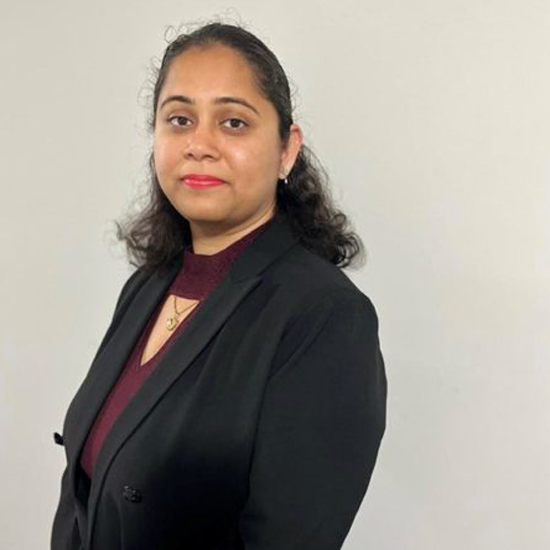
A photo of Nitima Bhatia
Jennifer Hodder – MScN, Nursing
Hodder has been a critical care trauma nurse for almost 20 years at St. Michael’s Hospital. For her cutting-edge Master’s project, she has been studying gun violence through the perceptions of critical care trauma nurses and their experiences of caring for individuals with gunshot injuries and their families.
“While their experiences are horrible and hard to be relived the people that I have talked to are so passionate about this and have been so willing to be vulnerable and willing to share their experiences to improve the lives of others and themselves,” shares Hodder.
This qualitative study is meant to expand our understanding of gun violence as a nursing phenomenon and contribute to the discussion of how nurses can actively participate in social justice while working at the bedside.
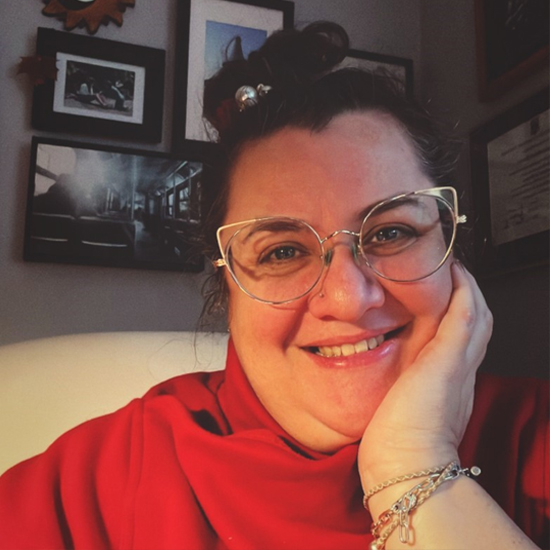
A photo of Jennifer Hodder
Terry Jones – MFA, Film
Jones is a Seneca filmmaker who grew up on the Cattaraugus Indian Reservation. His thesis film, Osnö', is a story of the twelve-year-old Young Speaker, whose preoccupation with WWII conflicts with his grandfather’s attempts to teach the boy the customs and traditions of Seneca/Haudenosaunee culture. The film raises important and critical themes including the loss of ancestral knowledge, the endangerment of Indigenous languages, war, colonialism and intergenerational historical trauma.
“Indigenous culture and history to a lot of the general public is a mystery. I feel that there isn't a lot of knowledge in terms of who we were, who we are now, and where we're going to in the future,” shares Jones. “I want to be able to inform, entertain and have my audience reflect on this sometimes serious subject matter.”
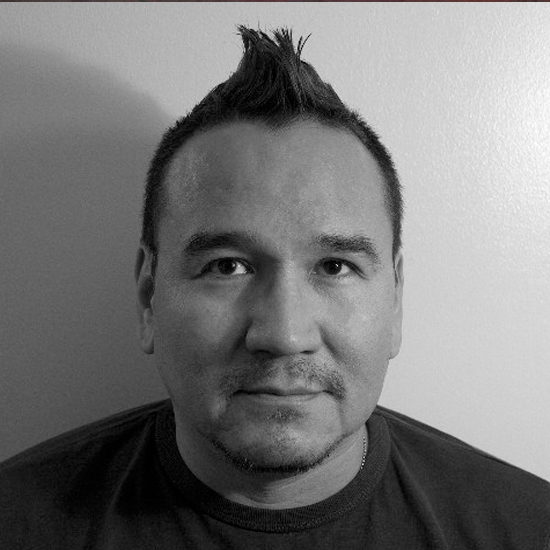
A photo of Terry Jones
CeAnn Marks – MA, Psychology
Marks’ research highlights that men and women often recuperate from certain conditions like concussions differently. In her MA study, she notes the differences in how males and females recover in visuomotor and emotionality domains after suffering trauma.
“Concussion research has mainly looked at males or a combination of males and females but hasn't really looked at distinct differences between males and females,” reveals Marks, “so the goal, hopefully, is that this research directly or indirectly will help create specific treatments and approaches to concussion management.”
The individualized treatments that Marks discusses in her research can improve post-concussion outcomes or the symptoms that people experience post-concussion.
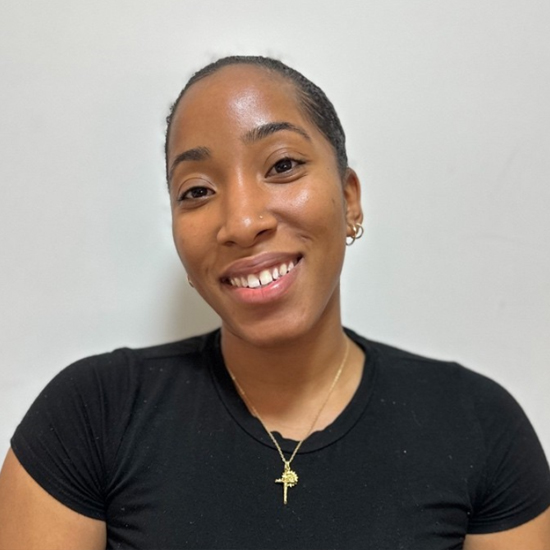
A photo of CeAnn Marks
Rupsha Mutsuddi – MDes, Design
Mutsuddi’s MA study uses a human-centered approach to understand daily rituals in everyday activities for persons living with dementia and their care partners. Daily rituals are the customized and nuanced ways we go about everyday activities, for instance making a morning cup of tea or coffee.
“We're trying to understand those experiences first before going into technology design,” explains Mutsuddi. “We hope the way that we are incorporating daily rituals sort of paves the way for others to do so as well to create inclusive structures that take into account people's social and cultural and individualized habits as well.”
Her cutting-edge research can have a positive impact on society and make the lives of the aging population more comfortable by keeping people in their homes longer with their families.
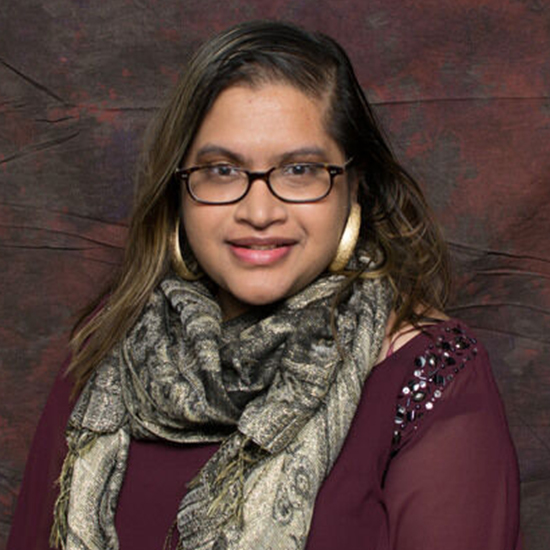
A photo of Rupsha Mutsuddi
Biftu Yousuf – PhD, Geography
Yousuf’s dissertation examines Canada’s refugee protection and resettlement project, which offers a pathway to safety and protection to those who are abroad but are in need of resettlement. Her particular focus is on the invisible sponsorship role of racialized diasporas who have become sponsors, particularly groups of people or communities of people who are made up of formerly resettled refugees or even asylum seekers.
“I have found that the knowledge mobilization has been the most thrilling aspect of the research,” shares Yousuf. “So far, I've had ample opportunities to collaborate with civil society, exchange knowledge ideas and information and even co-develop some solutions to some pressing issues in this private refugee sponsorship program.”
Her important research can influence and inform policymaking decisions in the future and provide solutions to social and economic inequalities.
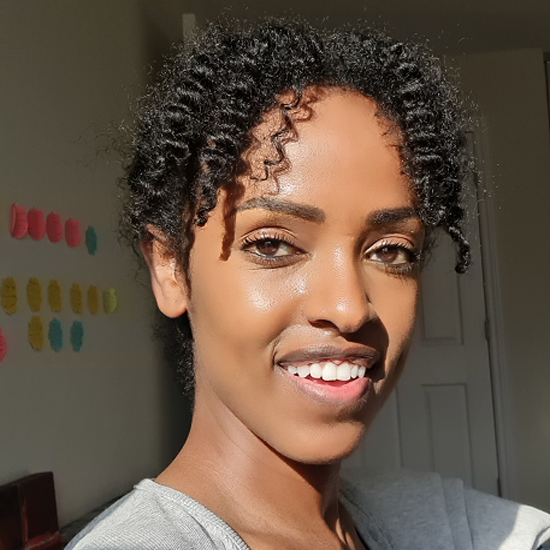
A photo of Biftu Yousuf
